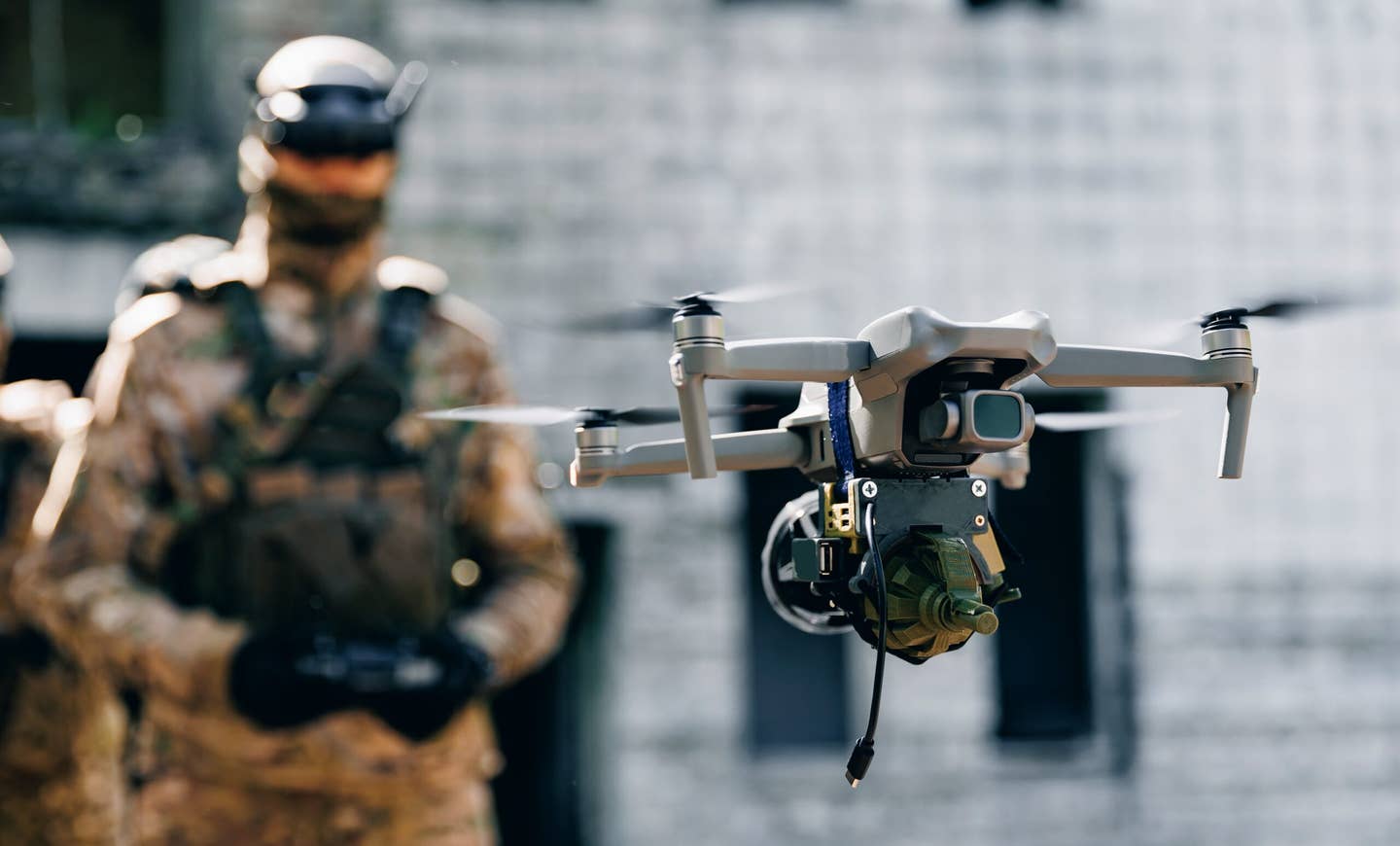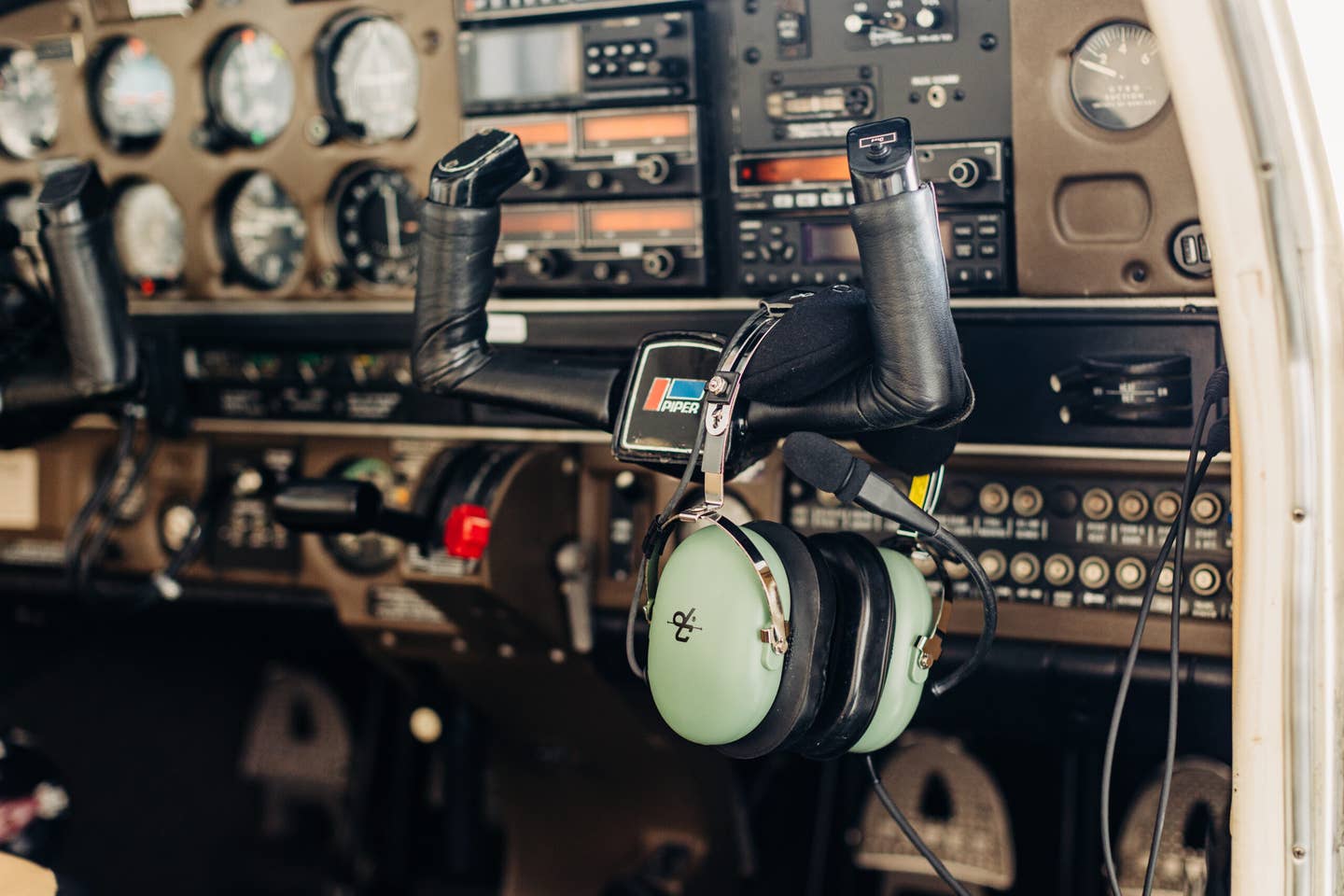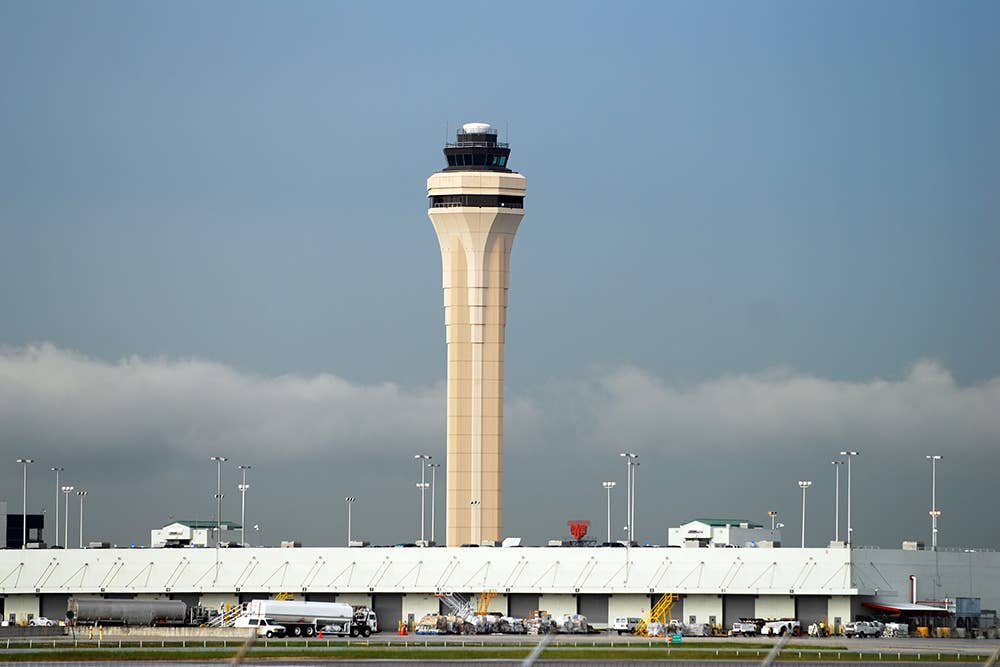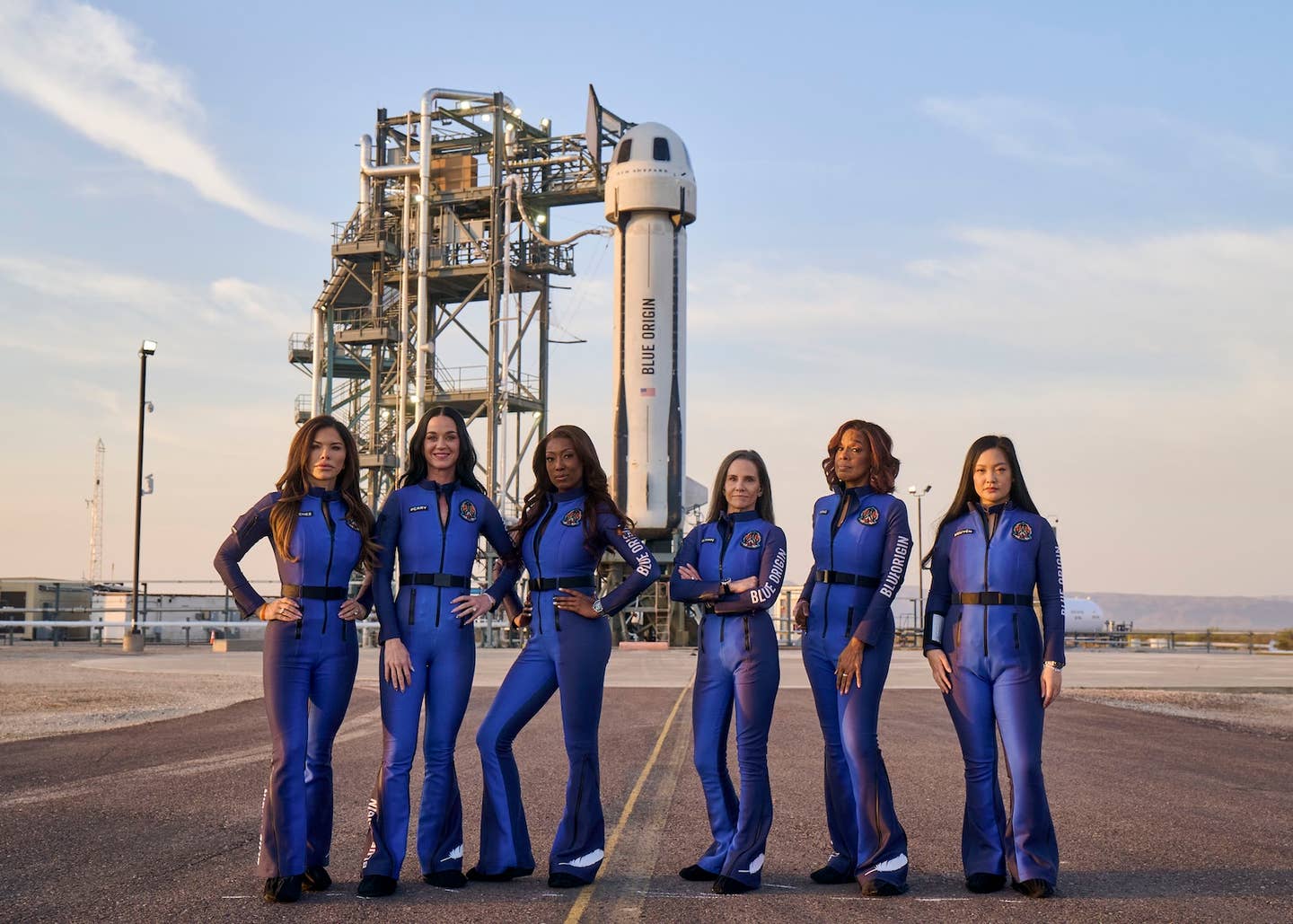Volocopter Cancels SPAC-IPO
eVTOL developer told investors that it was an “extremely unfavorable” time for SPAC transactions.

Volocopter showcased its VoloCity air taxi in November at CoMotion LA. Courtesy: Volocopter
German-based Volocopter GmbH has canceled its plans to go public via its anticipated merger with a special purpose acquisition company (SPAC).
Despite gaining strong institutional investor backing and having completed various proof-of-concept flights, the company decided to hold off on its plans to become a public company.
The eVTOL developer told its investors that it was an “extremely unfavorable” time for SPAC transactions, in an email shared with FinanceFWD.
In March, the company announced that it had raised an additional €200 million ($239 million) in series D funding, with new capital coming from funds managed by firms including:
- BlackRock
- Avala Capital
- Atlantia S.p.A.
- Continental AG
- NTT
- Tokyo Century
Furthermore, it seemed to have been on an investor roadshow of sorts, conducting demonstration flights of its various vehicles including flights at EAA AirVenture in Oshkosh, Wisconsin, (in the Volocopter 2X) in July; South Korea’s First Crewed Public Air Taxi Test Flight with its 2X aircraft in November, and even a flight of its 2X aircraft at the Paris Air Forum in June.
Early Investors Get First Word
Some of the company’s investors were first put on notice that the SPAC-IPO plans had shifted when they received confidential letters from Volocopter ahead of the news. These investors make up a class of 750 Seedmatch crowdfunders, who provided early capital to the company, mostly through profit participating loans, when it launched a fundraising campaign on Seedmatch in 2013.
Things almost went sour with these seed investors earlier this year after the startup announced its plans to go public because of a letter that Volocopter sent to them. As first reported in the German magazine Capital in June, investors believed Volocopter wanted to push them out, inciting them to demand that Volocopter maintain their commitment to them. Some even threatened lawsuits. However, Volocopter was able to quell things.
Market Sentiment Caused Mobility SPACs to Cool
SPACs experienced a boom in 2020—the Nasdaq labeled last year ‘‘the year of SPAC IPOs” as investors hungrily searched for yield. In 2020, SPACs raised $79.87 billion in gross proceeds from 237 counts, surpassing the record $13.6 billion raised in 2019 (raised from 59 IPOs). The average IPO size was $337 million. Many of the SPAC transactions driving the 2020 uptick consisted of companies in the autonomous, shared, and electrified sectors.
Volocopter began circulating its plan to go public via a SPAC in December 2020 when chief financial officer Rene Griemens told eVTOL.com, “We think SPACs are a great financing option for our industry.”
By going public, Volocopter would’ve joined other advanced air mobility companies in the sector like Joby, Lillum, and Archer, who all completed their SPAC mergers between August and September of this year. However, since none of these companies are cash-flow positives owing to the ongoing development of their own vehicles, investors’ interests have waned.
Additionally, citing the mania in the SPAC market, John Coates, acting director for the SEC’s Division of Corporate Finance, indicated in June that his entity would be looking at these business combination agreements more critically.
Furthermore, Volocopter feared that its investors might claw back their funding as soon as the company went public, after the reaction their competitors received as investors were redeeming their shares instead of remaining invested, according to FinanceFWD. Joby and Lilium both saw shareholder redemptions of about 65 percent, while Archer managed to hold redemptions to 48.5 percent. These clawbacks have ultimately eviscerated company valuations making it harder for them to raise new capital. This market dash has therefore chilled Volocopter’s ambition.
Meanwhile, another eVTOL company, Vertical Aerospace, said in June it would close a SPAC merger with Broadstone before the end of the year, but there are no positive indications that it will be able to meet that deadline. Furthermore, considering this Volocopter news, it might be hard-pressed to delay its own plans.
No SPAC, But Business Continues
Despite the delay in its entry into the U.S. public trading markets, Volocopter doesn’t seem to be slowing down its operations in Asia. Earlier this month, it announced that it completed its first crewed public test flight with its 2X aircraft in Seoul, South Korea. It was the first crewed public test flight of a fully electric vertical take-off and landing (eVTOL) air taxi in South Korea.
Previously, it announced Japan Airlines reserved 100 Volocopter aircraft (VoloDrone and VoloCity) for future use. Furthermore, Volocopter has committed to air taxi services in Singapore within the next three years and announced the delivery of 150 Volocopter products to China’s Geely within the next five years.

Sign-up for newsletters & special offers!
Get the latest FLYING stories & special offers delivered directly to your inbox






